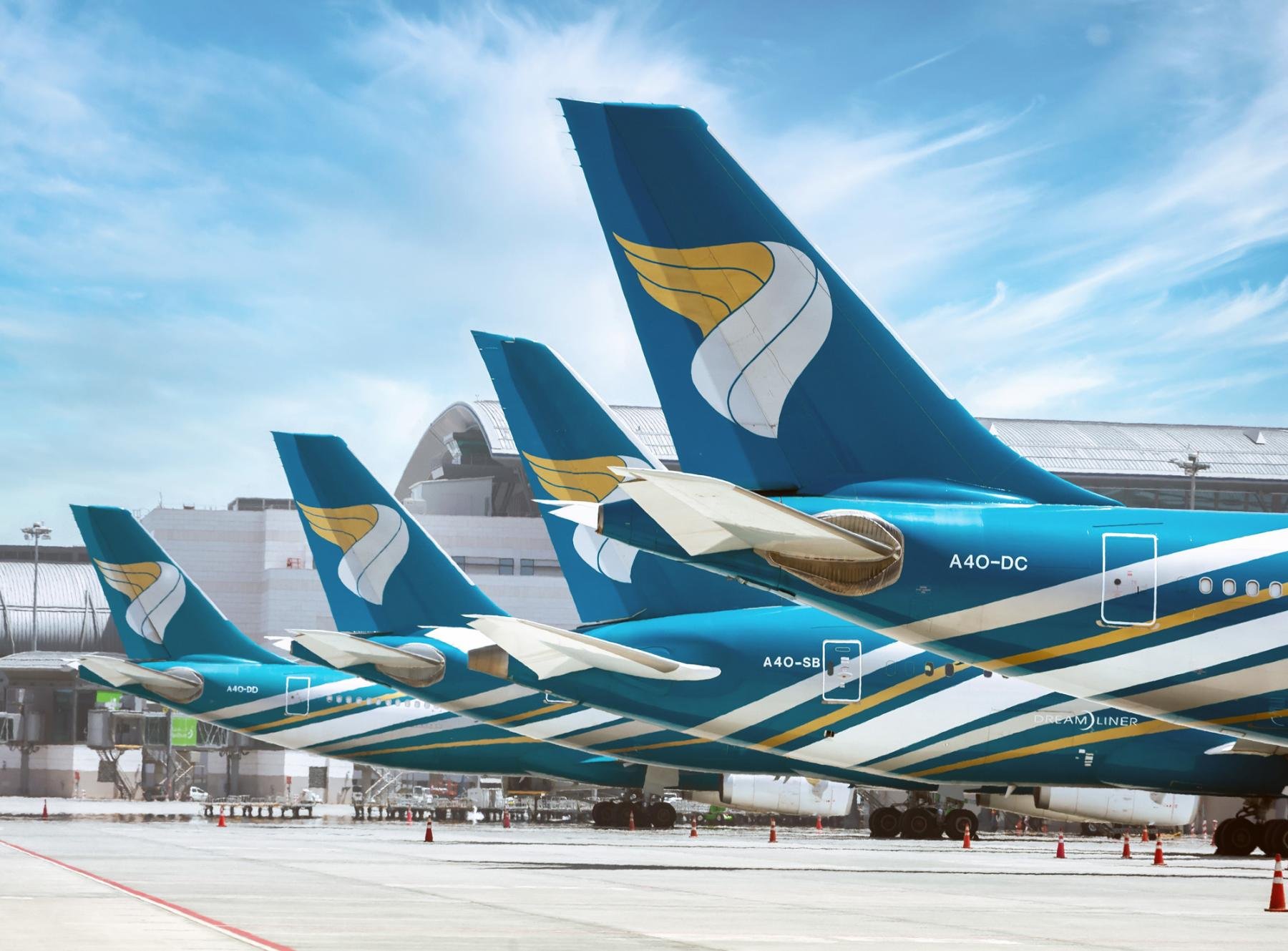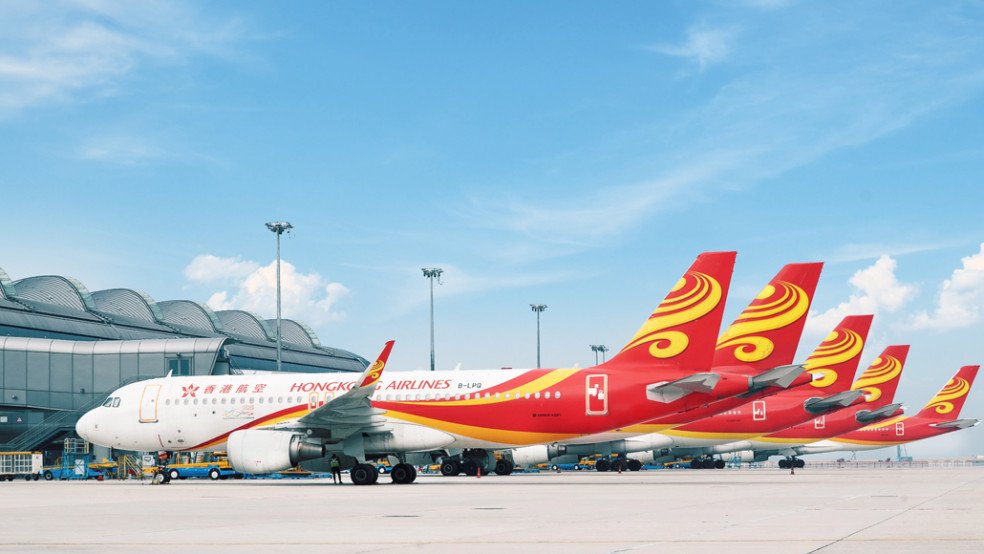Oman Air Embarks on Strategic Network Overhaul

Source: Oman Air
Oman Air, the national flag carrier of the Sultanate of Oman, has initiated a series of strategic modifications to its network, aimed at bolstering its financial performance and strengthening its market position in a highly competitive industry.
In a significant restructuring effort, the airline has announced the introduction of a new route to Sialkot in Pakistan. This move aligns with the airline's focus on optimizing its network based on market demand and passenger convenience. However, it also involves the discontinuation of services to several destinations, including Islamabad, Lahore, Colombo, and Chittagong, signaling a recalibration of its operational focus.
In addition to these changes, Oman Air is adjusting its flight frequencies. The airline is set to reduce flight numbers to certain locations while simultaneously boosting capacity on two existing routes - Lucknow and Thiruvananthapuram in India. This decision reflects a targeted approach to cater to specific high-demand markets.
Further embracing flexibility, Oman Air is adopting a seasonal approach to three of its destinations. It will operate flights to Trabzon during the summer season, and to Zurich and Malé in the winter season. This seasonal scheduling is designed to better match passenger demand patterns throughout the year.
This network overhaul is part of Oman Air's broader strategic evaluation to adapt to changing market dynamics and explore new opportunities. In line with Oman’s 2040 Vision, the airline continues to align its operations with the economic and social goals set by the government, including those outlined by the Ministry of Heritage and Tourism.
These changes are part of a comprehensive transformation program that Oman Air has embarked on, which aims to improve its operational performance, financial sustainability, and market adaptability. The program includes not only network adjustments but also a restructuring of the airline's governance and management.
As Oman seeks to enhance its tourism sector and diversify its economy beyond oil, the national airline plays a crucial role. The country aims to increase the tourism sector's contribution to the GDP and attract a significant number of tourists by 2040, backed by substantial investment.





























